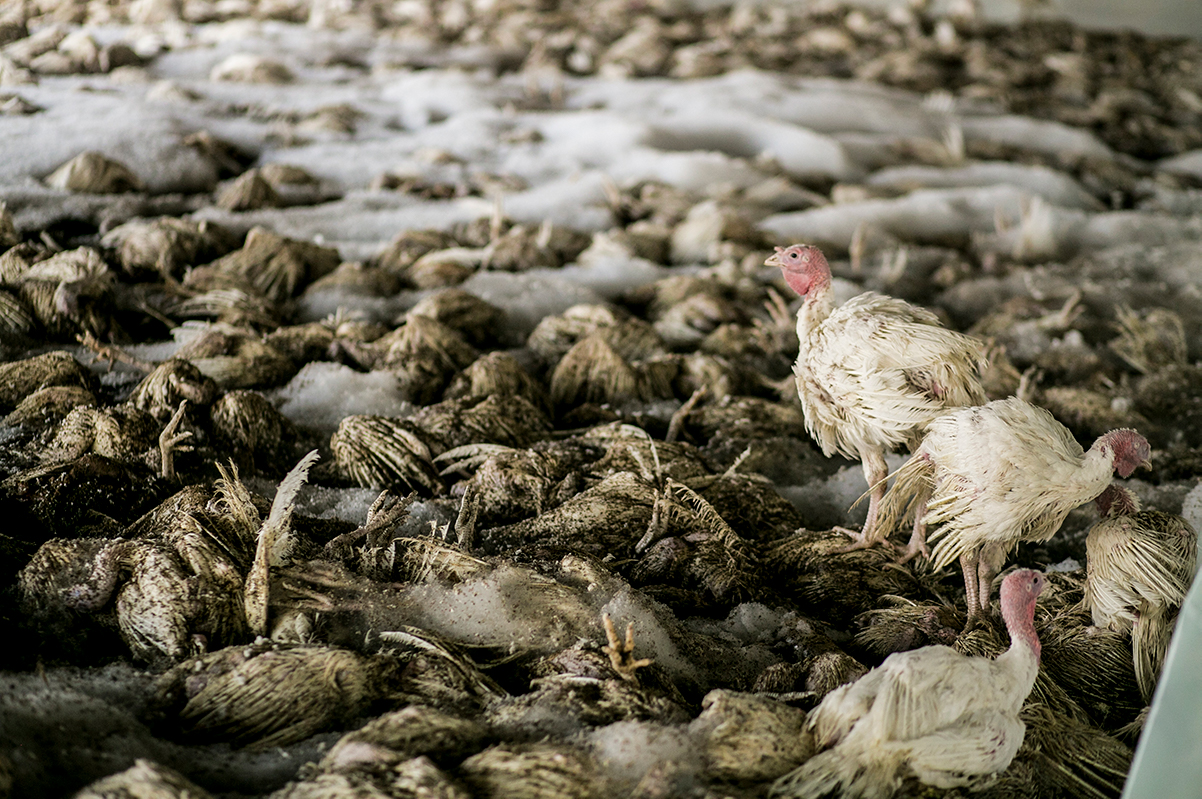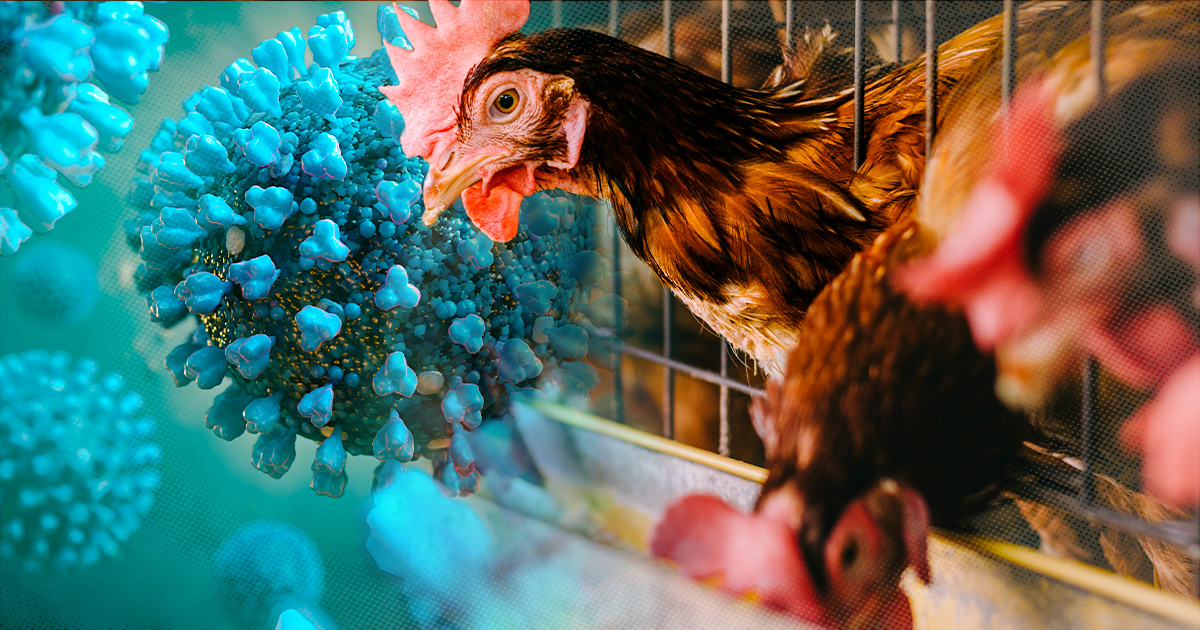Avian Influenza Transmission and Prevention

Avian influenza, commonly known as bird flu, is a contagious viral infection that affects birds. Some strains of avian influenza can also infect humans, causing a range of symptoms from mild to severe respiratory illness.
Guys, have you heard about this avian influenza thing? It’s like the bird flu, but way more serious. I was watching this video by Dave Portnoy , and he was talking about how it could potentially wipe out a ton of chickens.
That’s bad news, because chicken is one of my favorite foods. I mean, what would we do without chicken nuggets? It’s like, the ultimate comfort food.
Avian influenza viruses are primarily transmitted through direct contact with infected birds or their bodily fluids, such as saliva, nasal secretions, or feces. Humans can become infected by:
- Contact with infected live or dead poultry or wild birds
- Inhaling respiratory droplets from infected birds
- Consuming undercooked poultry or eggs from infected birds
The severity of avian influenza in humans depends on the strain of the virus and the individual’s immune response. Some strains, such as H5N1, can cause severe respiratory illness, pneumonia, and even death in humans.
Guys, you know what’s been making headlines lately? Avian influenza! It’s a real bummer, especially for chicken farmers. But hey, at least it’s not as scandalous as the latest news about Matt Gaetz. I mean, who would have thought that a congressman could be involved in such a mess?
But back to the birds, let’s hope this avian influenza thing gets sorted out soon. Our feathered friends need all the help they can get.
Prevention of Avian Influenza
To prevent the spread of avian influenza, it is important to take the following measures:
- Avoid contact with sick or dead birds
- Wash your hands thoroughly with soap and water after handling poultry or eggs
- Cook poultry and eggs thoroughly to an internal temperature of 165°F (74°C)
- Avoid consuming raw or undercooked poultry or eggs
- Get vaccinated against seasonal influenza, which can help reduce the risk of infection with avian influenza
By following these preventive measures, we can help reduce the risk of avian influenza transmission and protect our health.
Economic and Public Health Impacts of Avian Influenza
Avian influenza, also known as bird flu, has significant economic and public health impacts worldwide. Understanding these impacts is crucial for developing effective control and prevention strategies.
Economic Impact on the Poultry Industry, Avian influenza
- Mass culling of infected poultry: To control the spread of avian influenza, infected flocks are often culled, leading to substantial losses for poultry farmers.
- Trade restrictions: Countries affected by avian influenza may face trade restrictions on poultry products, resulting in reduced exports and economic losses.
- Increased production costs: Implementing biosecurity measures to prevent avian influenza outbreaks can increase production costs for poultry farmers.
Public Health Concerns
- Transmission to humans: Some strains of avian influenza can be transmitted to humans through contact with infected birds or contaminated environments.
- Severe illness: Avian influenza can cause severe respiratory illness in humans, including pneumonia and acute respiratory distress syndrome (ARDS).
- Pandemic potential: Certain strains of avian influenza have the potential to mutate and become highly transmissible among humans, leading to a global pandemic.
Role of International Cooperation
Controlling the spread of avian influenza requires international cooperation. Sharing information, coordinating surveillance, and implementing joint control measures are essential for:
- Early detection and response: Prompt reporting of outbreaks and sharing of surveillance data enable timely containment measures.
- Development of vaccines and treatments: Collaboration between countries facilitates research and development of effective vaccines and antiviral treatments.
- Prevention of pandemics: International cooperation is crucial for monitoring the evolution of avian influenza viruses and developing strategies to prevent their transmission to humans.
Current Research and Developments in Avian Influenza

Avian influenza, a highly contagious viral disease, has been a major concern for the poultry industry and public health worldwide. To combat this threat, ongoing research focuses on developing effective vaccines, treatments, and surveillance systems.
Vaccine Development
Scientists are actively working on developing new and improved vaccines against avian influenza. Traditional vaccines have limitations, such as narrow strain specificity and the need for multiple doses. Current research aims to create vaccines that offer broader protection against different strains and require fewer doses.
Antiviral Treatments
Antiviral drugs are essential for treating avian influenza infections in both animals and humans. Research is ongoing to develop more effective and less toxic antiviral drugs. These drugs target specific viral proteins or mechanisms to inhibit viral replication and spread.
Surveillance and Monitoring
Surveillance and monitoring play a crucial role in the prevention and control of avian influenza. Early detection of outbreaks is essential for implementing timely containment measures. Researchers are developing advanced surveillance systems that utilize technology like GPS tracking, remote sensing, and data analytics to monitor bird populations and identify potential hotspots.